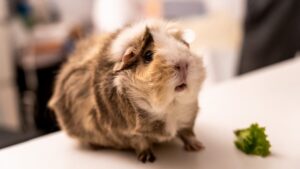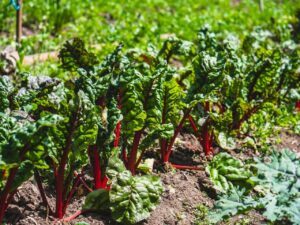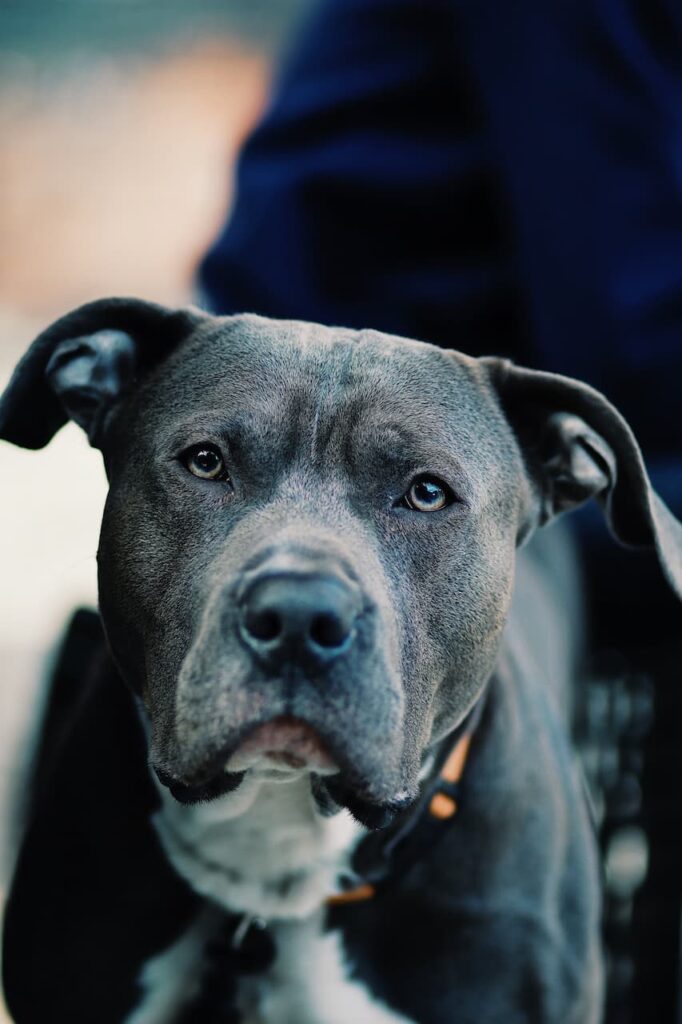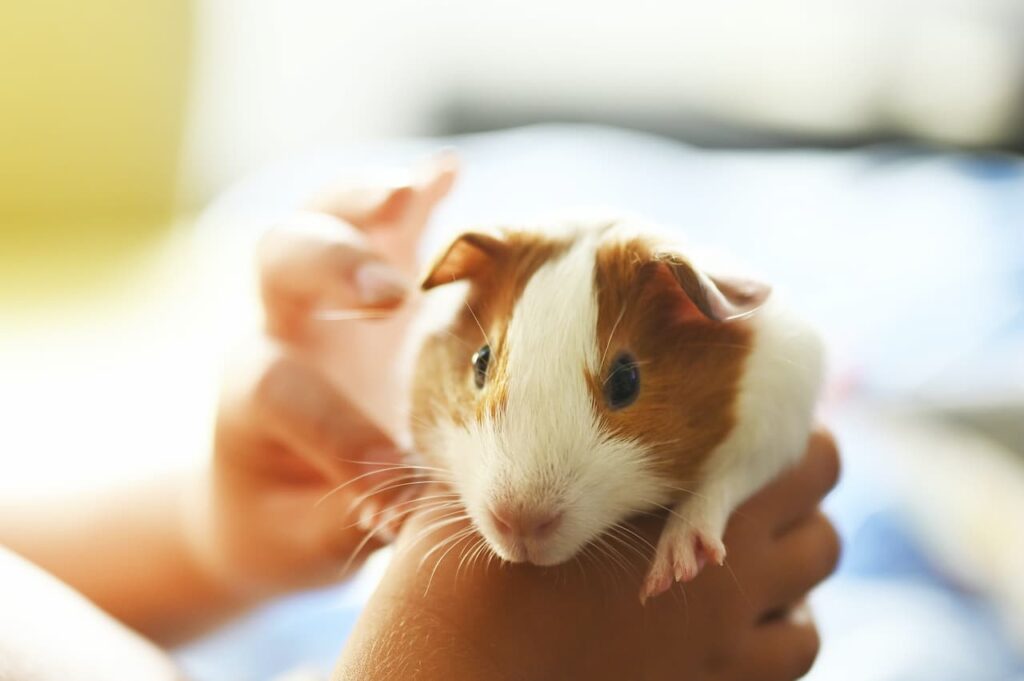Can Guinea Pigs Eat Collard Greens?
All leafy green vegetables are known as collard greens. These greens are packed with many nutrients and vitamins like Vitamin C, Vitamin A, and Vitamin K. Collard greens are great at preventing various diseases and help in the body’s overall well-being.
So are they just as beneficial for guinea pigs?
The short answer is yes. Guinea pigs thrive on vegetables as part of their diet. Collard greens, with all the vitamins, are an excellent source of vitamins for your furry friends. However, you should not feed them just collard greens as these vegetables also contain Calcium, which, if provided in excess to guinea pigs, can be harmful to them.
friends. However, you should not feed them just collard greens as these vegetables also contain Calcium, which, if provided in excess to guinea pigs, can be harmful to them.
Table of Contents
ToggleCan guinea pigs have collard greens?
Guinea pigs can eat collard greens. They are packed with several nutrients which are beneficial for the health of your guinea pigs. But, an overload of nutrients like phosphorous, calcium, and oxalic acid may have a negative effect on guinea pigs. So it is in their best interest that you monitor and control their intake of collard greens.
Are collard greens good for guinea pigs?
Collard Greens have a lot of essential minerals and nutrients that are necessary for the overall well-being of guinea pigs. However, if you feed them too much, it could become toxic to them due to the presence of nutrients like calcium. Calcium is suitable for their health in small amounts, but an excess level will lead to urinary tract infections in guinea pigs.
Let’s take a look at some of the best benefits of collard greens:
Vitamin A:
Vitamin A in collard greens helps a lot in improving vision in guinea pigs. They are also great for assisting in healthy skin and hair growth while also aiding the immune system.
Vitamin C:
Vitamin C is a vital nutrient for guinea pigs. It strengthens the immune system while also preventing diseases and maintaining healthy blood vessels. Also, guinea pigs cannot produce their own vitamin C; consuming food rich in vitamins is needed in order to avoid diseases such as scurvy and other oral health problems.
Vitamin K:
Collard greens contain a lot of Vitamin K. Vitamin K helps in healthy blood clotting, which is essential for quick recovery from injuries.
Iron:
Collard greens come with a lot of Iron minerals which are necessary for proper development in guinea pigs. Iron deficiency can lead to excess hair loss and unhealthy skin in guinea pigs. Feeding collard greens to guinea pigs can help them increase the amount of iron in their body, helping with healthy blood circulation and excessive hair fall.
Magnesium:
The proper functioning of the heart is maintained mainly by magnesium. It also aids in keeping a balanced level of glucose in the body for guinea pigs.
Control the level of blood sugar:
Collard greens contain alpha-lipoic acid, which is an enzyme that can help in the reduction of blood sugar levels. It works to increase the sensitivity of insulin. Not only this, even magnesium helps in controlling blood sugar levels in guinea pigs. This helps in the prevention of chronic diseases such as diabetes.
Cancer Prevention:
Collard greens are packed with glucosinolates which contain a lot of sulfur compounds. The glucosinolates can aid in the prevention of cancer. Even though cancer is relatively rare among guinea pigs, some are more prone to it, so consuming collard greens can help with that.
Strong immune system:
Since collard greens are filled with all the essential vitamins, it promotes a sound immune system in the guinea pigs.
Risks involved in feeding collard greens to guinea pigs:
Bladder stone:
Excess Calcium in the collard greens binds with the oxalate in the Guinea pig’s bladder. Remember that collard greens also contain much Calcium and phosphorus, which may become a fatal situation for guinea pigs.
Diarrhea:
Feeding new items or introducing ones can be the primary cause of diarrhea. When you first introduce a new food item, make sure that you start with a minimal amount and gradually work your way up. This gives you time to check on allergic reactions such as diarrhea, bloating, etc.
Bloating:
Guinea pigs tend to suffer from bloating a lot. They have a fragile digestive system and hence are very sensitive to introducing new items in their diet or an imbalanced diet in the first place. If your guinea pig is suffering from bloating, avoid foods that trigger gas formation, such as cauliflower, cabbage, collards, etc.
How many collard greens should you feed to guinea pigs?
The best time interval for feeding collard greens to guinea pigs is one time in one week. Since collard greens contain a lot of Calcium and other nutrients, they can become harmful for the body when consumed in excess. An excess of calcium in guinea pigs can cause urinary problems. While baby guinea pigs need calcium for healthy development, calcium for older guinea pigs is more harmful than it is beneficial for their health.
You can also mix collard greens with other fresh vegetables which are low in calcium content. It would be best to make this a delicacy for your guinea pigs every week and not regularly feed them collard greens as their daily meals.
The recommended collard green serving size for your guinea pigs is one single leaf at one meal sitting. If you feed your guinea pigs the right amount of collard greens, it can be a very nutritious and delicious snack for guinea pigs. You can wash them and chop them up for easier consumption.
Final thoughts
Although collards are generally very nutritious for guinea pigs, they can also be harmful to them if taken in massive amounts. Make sure that you don’t feed your guinea pigs too much collard greens. It would be best to refrain from providing them cooked or canned collard food, which isn’t good for their health. Since guinea pigs tend to eat a lot of vegetables, you can even mix collard greens along with the other food items for a balanced meal. Always check for allergies and any adverse reactions before feeding them collard greens.


